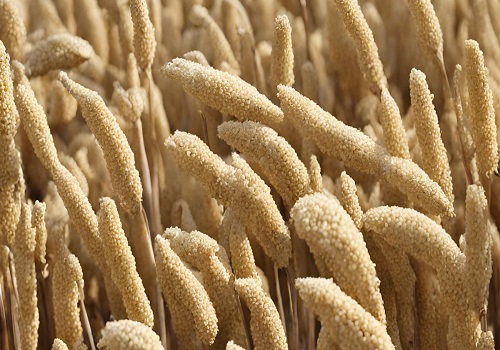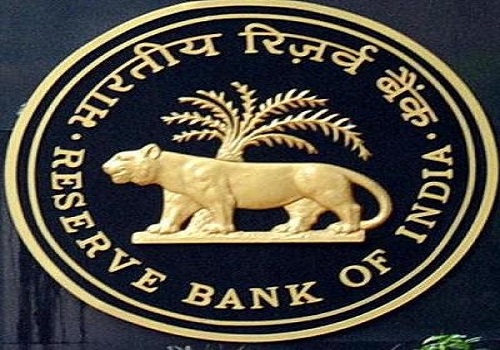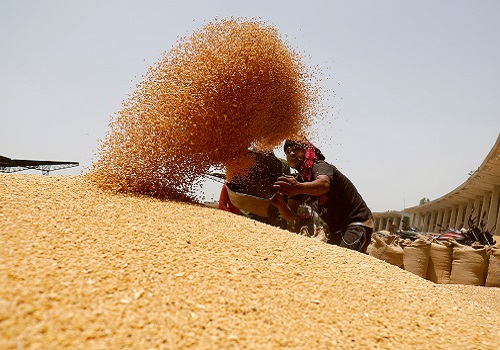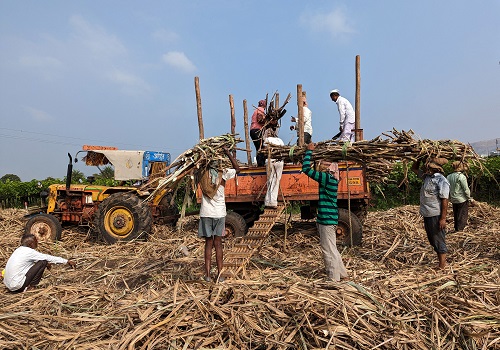India`s November rice stocks at state warehouses around double target

Follow us Now on Telegram ! Get daily 10 - 12 important updates on Business, Finance and Investment. Join our Telegram Channel
India's rice stocks were around double its target at the start of November, government sources in the world's second-biggest producer country said on Thursday.
Coupled with the new season crop that has started trickling into the market, the surplus indicates comfortable supplies for the domestic market.
India, the world's biggest rice exporter, in July ordered a surprise halt to non-basmati white rice exports, its largest category, driving global prices to multi-year highs.
Indian rice stocks, including unmilled husk varieties at state warehouses, totalled 19.7 million metric tons, the sources told Reuters.
State-run warehouses must have 8.2 million metric tons of rice for the quarter beginning Oct. 1, according to local government rules. State warehouses must hold an extra 2 million metric tons of rice as strategic reserves.
Indian farmers start planting summer-sown rice in the rainy months of June and July and start harvesting the crop in October.
New season purchases by India's state-run Food Corporation of India, the main state-run grain buyer, would bump up rice inventories at state granaries.
But India's new season rice crop is expected to drop this year due to an uneven monsoon.
Output could fall as much as 8% from last year's record despite an increase in area under rice paddy.
Wheat stocks at state warehouses totalled 21.6 million metric tons, more than 23% than the state-set target.
Surplus wheat stocks would help the government offer more stocks to bulk consumers such as flour millers and biscuit makers to cool prices, the sources said.
The government has been selling wheat on the open market to control prices that have reached their highest in nearly eight months.
After weather conditions threatened to curtail wheat output, India, the world's biggest producer of the grain after China, last year banned exports of the staple.
























